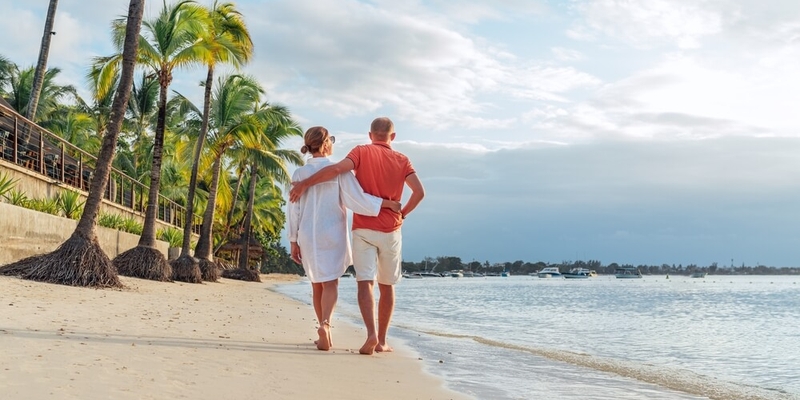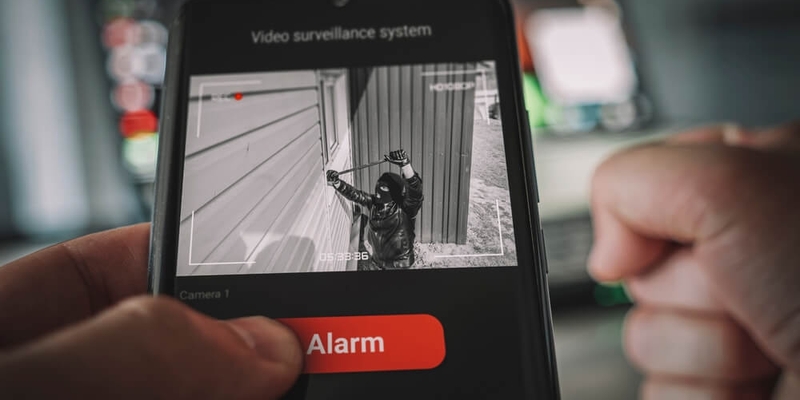
If you are not redirected within 30 seconds, please click here to continue.
Samedi: 10h – 16h HAE

If you are not redirected within 30 seconds, please click here to continue.
If you are not redirected within 30 seconds, please click here to continue.
Table of Contents
My mother-in-law loves to travel. She takes three or four trips a year to exotic and obscure locations. She and my wife happened to be on an Antarctic cruise when COVID-19 hit the fan. It was a mad scramble to get home, through five airports in three days. It was expensive.
Though travel insurance saved their trip from the bankruptcy of their original cruise line, it didn’t cover everything. Restrictions are slowly beginning to loosen, although the federal government has flatly refused to reopen the border with the U.S. because of the huge per capita difference in COVID-19 infections (the Trump administration has completely mishandled the pandemic). But summer’s here, and people are getting the itch to travel. Airlines and cruise ship companies have been decimated and will offer blowout savings to people willing to take the risk. But before you go, make sure you understand what your travel insurance policy coverage provides.
Several Canadian airlines have outlined plans to expand their limited operations mostly toward destinations with a demand for essential travel. But the air travel experience won’t be the same. Face masks and temperature checks will be the norm, and middle seats will be left vacant to allow travellers a modicum of physical distancing space.
Ironically enough, the preferred destination for Canadians when non-essential travel restrictions are lifted is Canada. A Travelweek survey of 3,000 Canadians found that more than 40% would travel within our borders this summer, leading Destinations Canada to invest $30 million in support the recovery of Canada’s tourism sector. But it’s important to remember that travel insurance still matters. Even if you only plan on travelling to another province within Canada, some emergency medical treatments may not be covered by your provincial health card. Furthermore, if you travel to Quebec from any other province or territory, your provincial health care plan will not cover you if you require medical help.
Your passport to stress-free travel
Make sure you are prepared for anything by comparing travel quotes and finding the best rates for the coverage you need before leaving home!
COVID-19 is a “known risk”
COVID-19 is, right now, considered a “known risk” for travellers, and many insurers won’t cover the cost of trip disruption or medical care due to a bout with the virus. That doesn’t make travel insurance worthless.
Depending on the policy you purchase, many other eventualities might be covered, including:
- If you booked your vacation before the federal government’s March 19 declaration of a non-essential travel ban, a comprehensive travel insurance policy should reimburse you for cancellations. Bear in mind, though, that insurers are managing huge volumes of claims with minimal resources so that reimbursement may take some time.
- You or your companion may fall ill with a non-COVID-related illness, or have an accident, or experience some episode requiring medical care. Not all jurisdictions are as generous as others about their medical services. The U.S. is notorious for overcharging for medical services. If you do require medical assistance, demand an itemized bill.
- Thanks to our health care system in Canada, health insurance is portable from province to province. But provinces differ in what is covered. Even when travelling domestically, travel insurance covering medical emergencies is necessary.
- Tour operators and cruise lines go bankrupt without a moment’s notice. Do not buy insurance as a rider in a travel contract unless it is backed by independent insurance from a reputable provider.
- You could be robbed. If you travel enough, you likely will be robbed. Make sure your insurer will support you in that event if it can’t find the nearest Canadian, Swedish, or Australian embassy or consulate (we have special diplomatic relations with Australia and Sweden to support each other’s citizens abroad).
- Keep digital records of important documentation. Airline tickets, your insurance contract, your passport, prescriptions; whatever could be lost, stolen, or misplaced. Email them to your travel companions or someone else you can trust who can help in the event your mobile phone is stolen.
Get money-saving tips in your inbox.
Stay on top of personal finance tips from our money experts!











